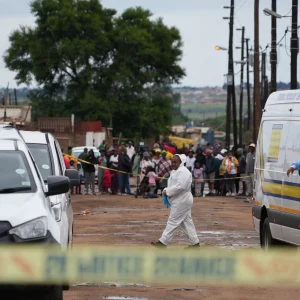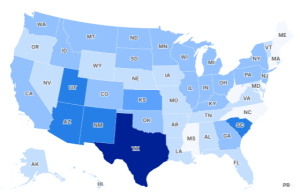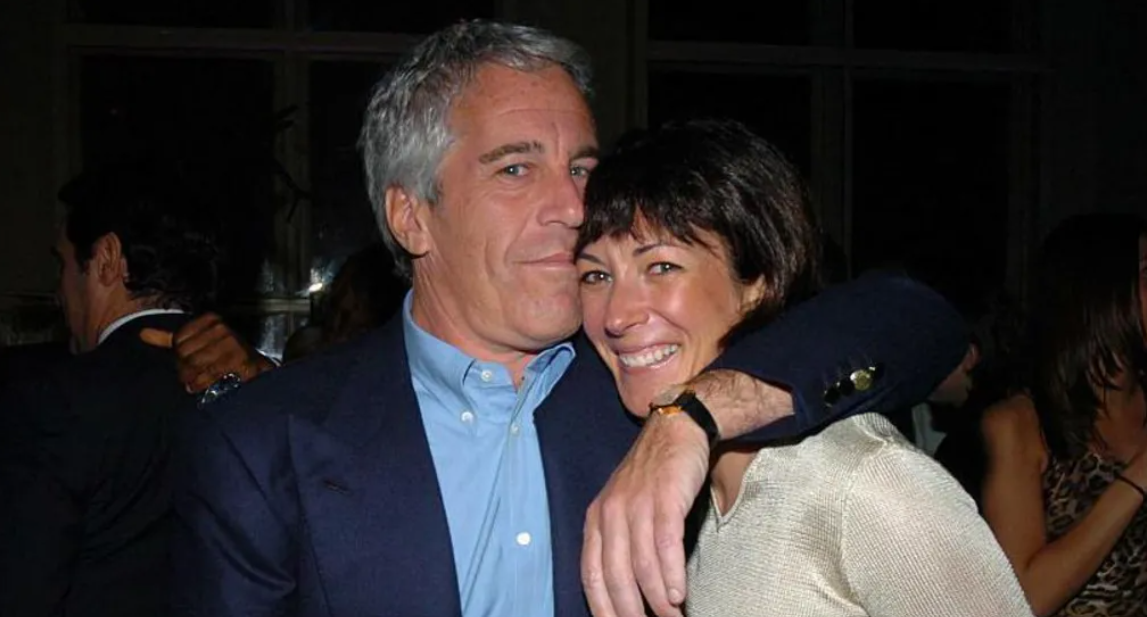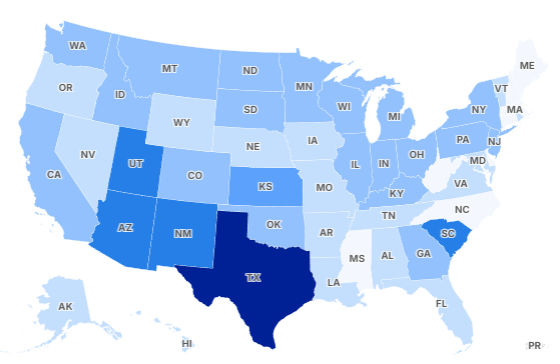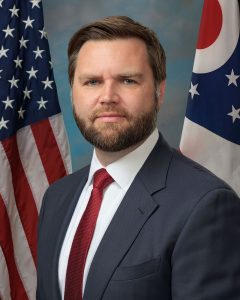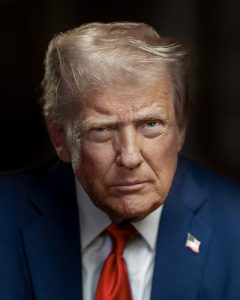The announcement was brief: Ghislaine Maxwell, now 63, has been quietly transferred from a secure prison in Florida to a federal minimum-security camp in Bryan, Texas. Yet behind that matter-of-fact update lies a web of high-profile inmates, delayed testimony, and potential political calculations. Here’s what’s really going on—and why this shift could be more meaningful than it seems.
Meet FPC Bryan: The Ante at the Club Fed Door
Federal Prison Camp Bryan, located about 100 miles northwest of Houston, is not your standard federal facility. It offers dormitory-style housing, low staff-to-inmate ratios, and minimal perimeter fencing. Known informally as “Club Fed,” it houses high-profile, non-violent convicts such as Elizabeth Holmes and Jen Shah. Inmates there typically pursue work, recreational classes, and some connectivity to family—conditions vastly different from high-security prisons.
Maxwell’s move to FPC Bryan sparked immediate buzz—what usually earns that privilege is nearing the end of a sentence or demonstrating model behavior. But Maxwell’s sentencing is not scheduled to conclude until July 2037.
Timing Raises Eyebrows: Meetings and Possible Deals
Crucially, Maxwell’s transfer came a week after she met twice with Deputy Attorney General Todd Blanche—who formerly served as Trump’s personal lawyer. Reports indicate she provided authorities with a list of nearly 100 names tied to Epstein’s operations. Some sources speculate that she may be seeking immunity, support for a pardon, or a reduced sentence in exchange for cooperation and potentially congressional testimony.
Her lawyer confirms the move but declines to share further details, stating, “We have no comment” on her discussions with DOJ representatives.
A Facility Full of Famous Faces
FPC Bryan’s inmate roster reads like a who’s who of white-collar and reality-TV crime:
Elizabeth Holmes, convicted of Theranos fraud
Jen Shah, from The Real Housewives of Salt Lake City
Lea Fastow, ex-Enron executive
Michelle Janavs, involved in the college-admissions scandal
Jenna Ryan, January 6 participant
Those familiar with BOP operations say Bryan offers educational courses, permitted video calls, and even etiquette workshops—all a world away from FCI Tallahassee, where Maxwell was previously held.
So What Just Changed?
Right now, nothing is broken—nothing official has changed. Maxwell remains incarcerated. No sentence reduction or pardon has been granted. Trump has not confirmed any clemency intentions, and DOJ continues to maintain that Epstein died by suicide and there is no client list. But whispers are circulating about newly opened grand jury testimony and postponed congressional hearings—Maxwell apparently wants immunity before testifying before a House committee on September 29, not the originally scheduled September 11 date.
While courts consider a possible release of partial grand jury transcripts—not the full 300+ GB of sealed evidence—Maxwell seems to be positioning herself for cooperation in exchange for legal relief.
Why It Matters
Symbolic truth: The move could signal she’s inching toward cooperation. The facility is less restrictive and far more accommodating.
Political optics: Critics argue it looks like preferential treatment for a convicted sex trafficker connected to elite circles, exactly when legislative pressure on the Epstein case is growing.
Legal stakes: If Maxwell offers new information to Congress or DOJ, it may upend long-standing Epstein investigations—and potentially make waves in political circles.
What Comes Next
Will Maxwell testify in September (assuming immunity)?
Will Trump act on possible pardon or sentence commutation?
Will DOJ release further grand jury details?
How will her relocation shape public perception—especially among victims awaiting answers?
The facility may be dubbed a “holiday destination” for criminals, but Maxwell’s stay there could mark the start of a new chapter—one that could re-open conversations about justice, accountability, and power.

Emily Johnson is a critically acclaimed essayist and novelist known for her thought-provoking works centered on feminism, women’s rights, and modern relationships. Born and raised in Portland, Oregon, Emily grew up with a deep love of books, often spending her afternoons at her local library. She went on to study literature and gender studies at UCLA, where she became deeply involved in activism and began publishing essays in campus journals. Her debut essay collection, Voices Unbound, struck a chord with readers nationwide for its fearless exploration of gender dynamics, identity, and the challenges faced by women in contemporary society. Emily later transitioned into fiction, writing novels that balance compelling storytelling with social commentary. Her protagonists are often strong, multidimensional women navigating love, ambition, and the struggles of everyday life, making her a favorite among readers who crave authentic, relatable narratives. Critics praise her ability to merge personal intimacy with universal themes. Off the page, Emily is an advocate for women in publishing, leading workshops that encourage young female writers to embrace their voices. She lives in Seattle with her partner and two rescue cats, where she continues to write, teach, and inspire a new generation of storytellers.
